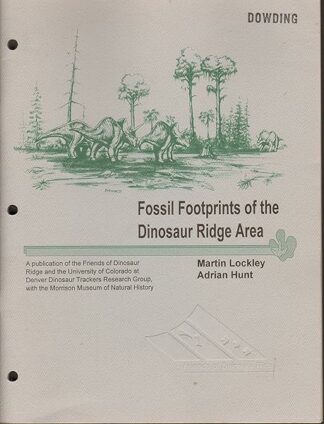Description
1931 edition with black cover. Cover has significant wear and some scuffs and marks. The word “Civics” is written in black pencil on the front but cannot be seen from a distance. Some of the first pages have writing and doodles in them. The majority of pages are clean and unmarked. Binding for the appendix has come loose but all pages are still connected. Corners on the cover have wear.
This well-worn copy of “A text-book in citizenship” offers a fascinating window into early 20th century civic education in America. Published in 1931, at the height of the Progressive Era’s push for social reforms, this textbook aimed to instill a sense of civic duty and responsibility in young minds. Its sections on “Community civics, economic civics, vocational civics” reflect the era’s emphasis on preparing students for active citizenship and gainful employment.
Author R.O. Hughes was a prominent educator and advocate for vocational training, believing it crucial for developing a skilled workforce and engaged citizenry. His innovative approach, combining civics with practical economics and career guidance, was ahead of its time. The doodles and notes hint at a student grappling with these weighty concepts, making this copy a unique artifact of classroom life during a transformative period in American education.
While well-loved, this textbook remains an important primary source for scholars studying the evolution of civic values, labor economics, and vocational training in the interwar years. For collectors, it represents a scarce surviving example of the era’s progressive pedagogical philosophies, captured in its very materiality – the frayed binding a testament to its use in shaping young minds.




![Church Bazaar, Vol. 1: Mini Patchwork Paintin' Patterns [Paperback] Way, Dick and Jan](https://vintagebookshoppe.com/wp-content/uploads/imported/Church-Bazaar-Vol-1-Mini-Patchwork-Paintin-Patterns-B000NLQSDY.jpg)